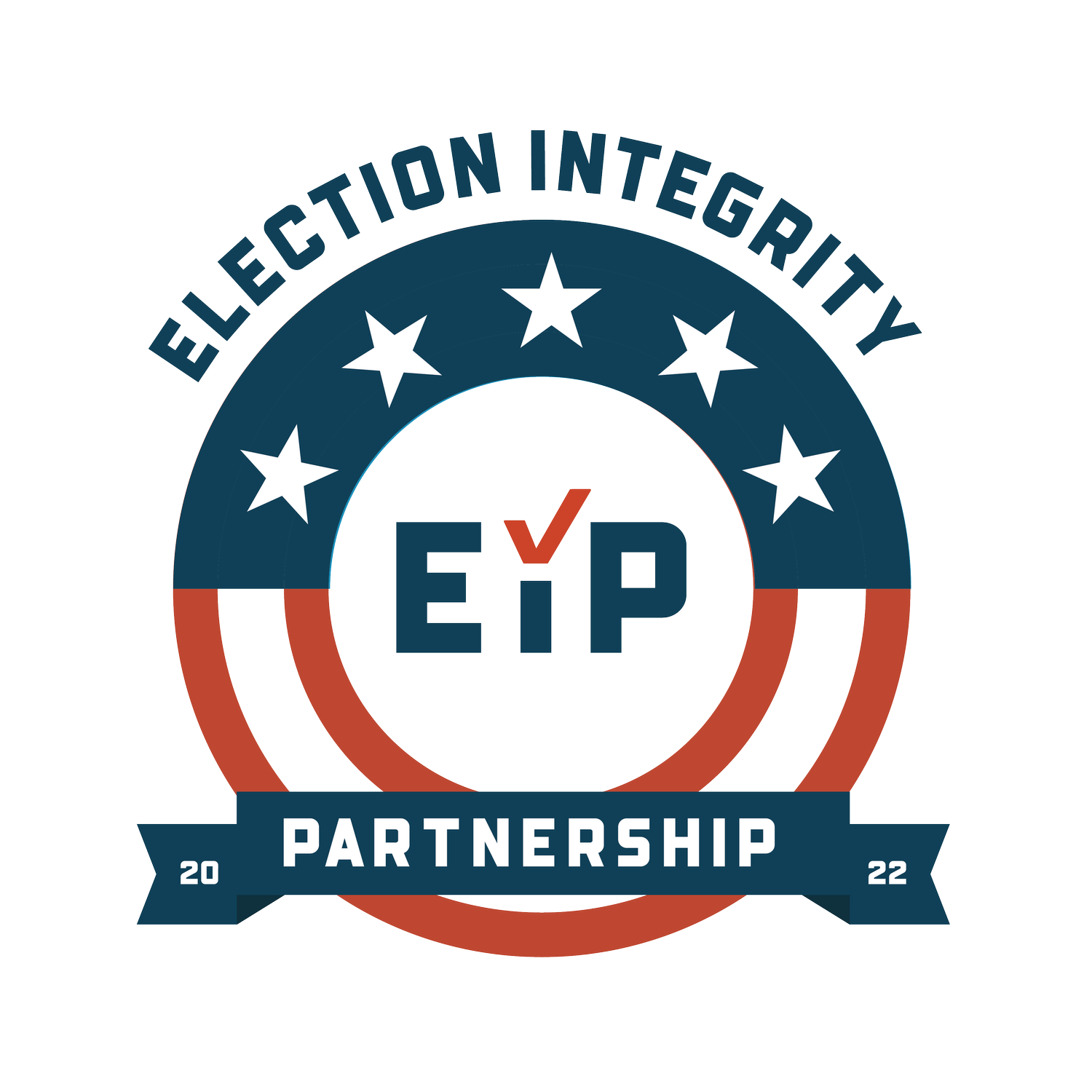EIP Weekly Update: Oct. 13
On 8:00am PT October 13th, representatives from the Election Integrity Partnership (EIP) hosted the first of weekly public webinars to brief the public on the topics and trends of online election misinformation during this election season. These briefings will be held weekly at the same time through election day. Below is a brief summary of the presentation, the link to the full video of which can be found here.
Key Takeaways
The Election Integrity Partnership began collecting tips on and actively detecting election misinformation on Tuesday, September 8th, and will continue to do so through and beyond November 3rd.
EIP has dealt with 160 unique incidents as of this posting.
While EIP has detected four categories of election misinformation, to-date narratives that serve to delegitimize the election results were the most prevalent.
Domestic actors have been far more prominent and effective in spreading election misinformation than have foreign actors.
Verified social media users (mostly partisan “influencers”) are leading the amplification of misleading narratives.
Predicted trend: As voters begin to participate in early in-person voting, narratives around mail-in ballots could ramp down while narratives around poll-site specific misinformation could ramp up.
Overview
The Election Integrity Partnership is a coalition of academic institutions that detect and analyze election-related misinformation surrounding the 2020 General Election. The goal of this work is to provide data-driven analysis and context around election misinformation to stakeholders in the public, private, and civil society sectors.
On September 8th, EIP began accepting tips from civil society partners as well as election officials through the EI-ISAC, and began monitoring major social media platforms for election-related misinformation. In that time, EIP analysts responded to 160 unique incidents, including hundreds of pieces of content across the Internet.
Incidents by Topic
EIP places election-related misinformation into four categories (further explanations of these categories can be found here): (1) misinformation about the procedure of the election, (2) misinformation that may deter people from voting or engaging in the electoral process, (3) misinformation that encourages people to misrepresent themselves to affect the electoral process or illegally cast or destroy ballots, and (4) misinformation meant to delegitimize the results of the election in the eyes of the electorate. Of these categories, delegitimization narratives were the predominant trend in the past few weeks. The below figure is a granular breakdown of topics.
Election misinformation analyzed by EIP by topic as of Oct. 13
Incidents by Platform
Most incidents originated on the largest social media platforms, Twitter and Facebook. Notably, a sizable portion of incidents see cross-platform spread, but this discussion is around platform of origin. Additionally, the higher counts for Facebook and Twitter may reflect the fact that more analytic tools exist for these platforms than for others.
Total in-scope incidents and total escalations to social media platforms, by platform
Reports Bulletin
Emerging Narratives Around ‘Mail Dumping’ and Election Integrity (Sept. 26th): How misinformation, sometimes benign, around dumped USPS postage is amplified by political influencers and contributes to delegitimizing the election outcome.
Foreign vs. Domestic Amplification of Election Disinformation (Oct. 7th): Using a case of misinformation around purported mail dumping in Sonoma County, CA, EIP researchers trace the impact of domestic vs. foreign disinformation spread, concluding that domestic political actors remain the main spreaders of disinformation.
Amplifying ‘Army for Trump’ Fears (Oct. 12th): EIP analysts cover the online impact of Trump campaign calls for poll watchers, concluding that both the ‘Army for Trump’ sign-ups and the left-leaning media reaction could contribute to voter fears of violence at the polls and result in voter suppression.
A Look Into Viral North Macedonean Content Farms (Oct. 13th): EIP researchers do a deep-dive analysis of a particular “content farm” that produces right-leaning partisan content, spread through right-wing platforms, designed to draw in domestic partisans and generate revenue.


